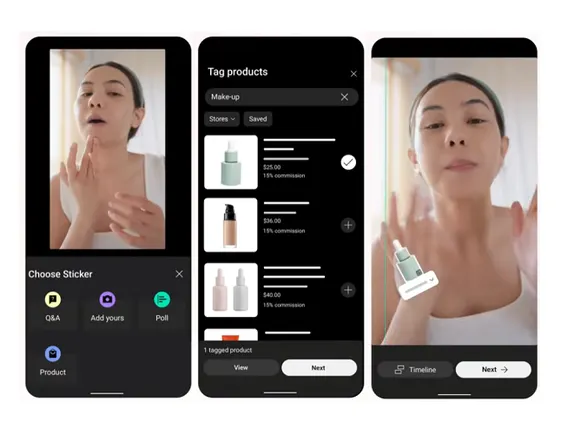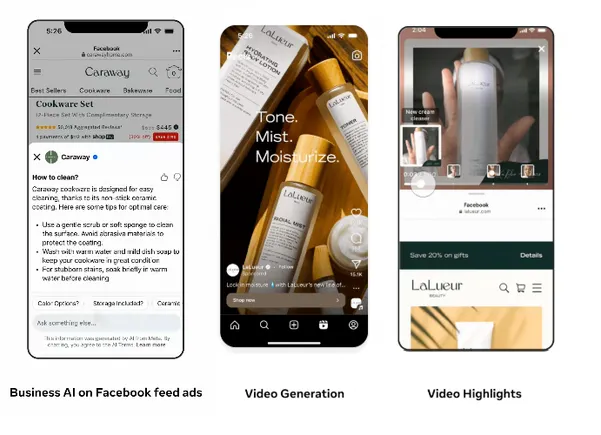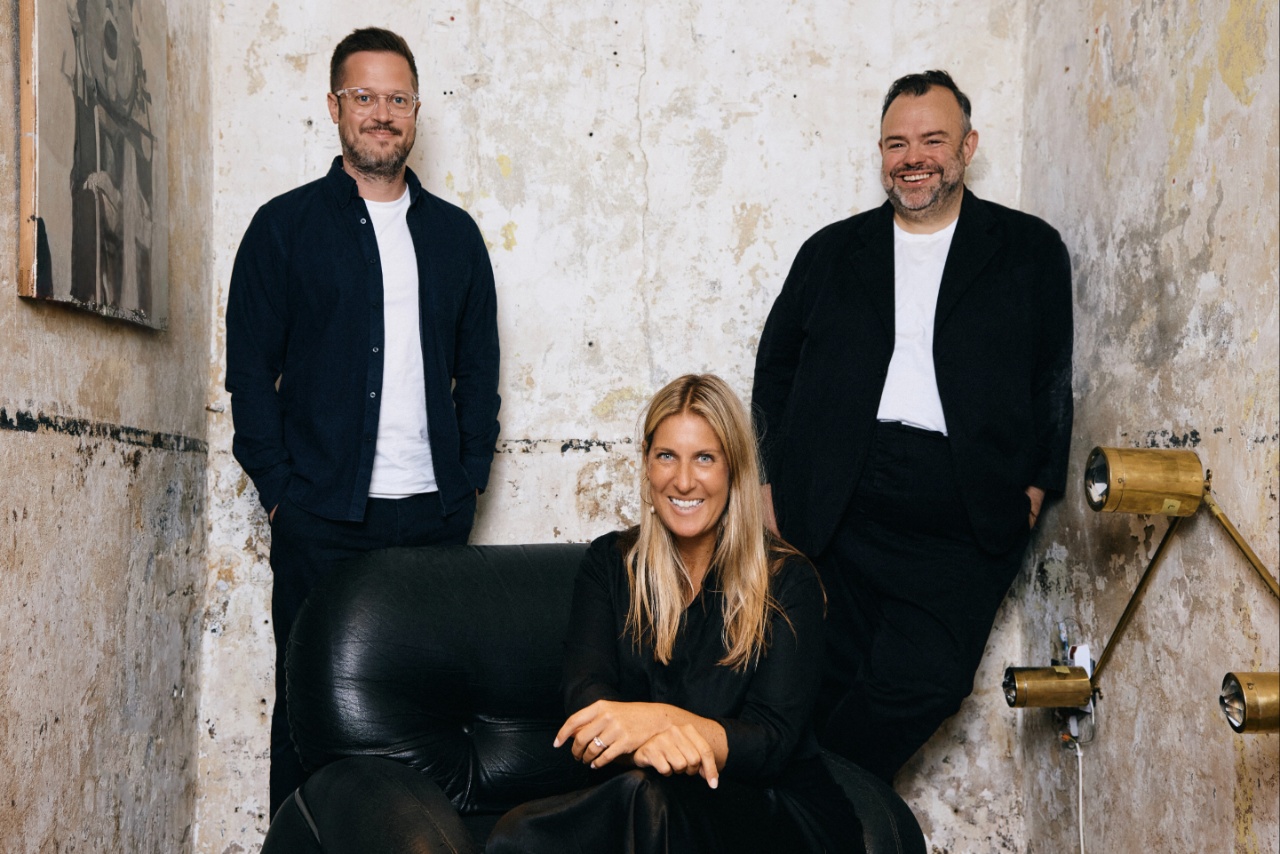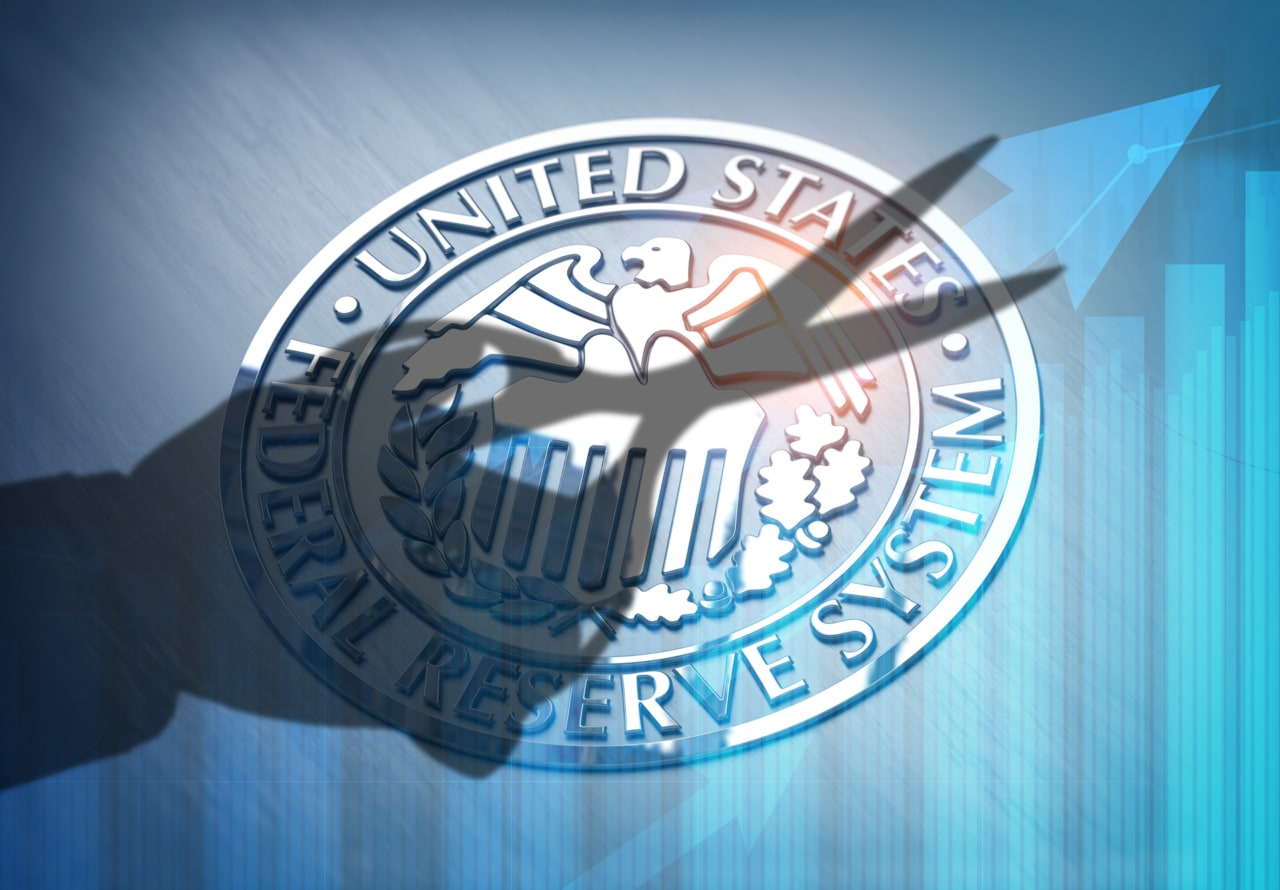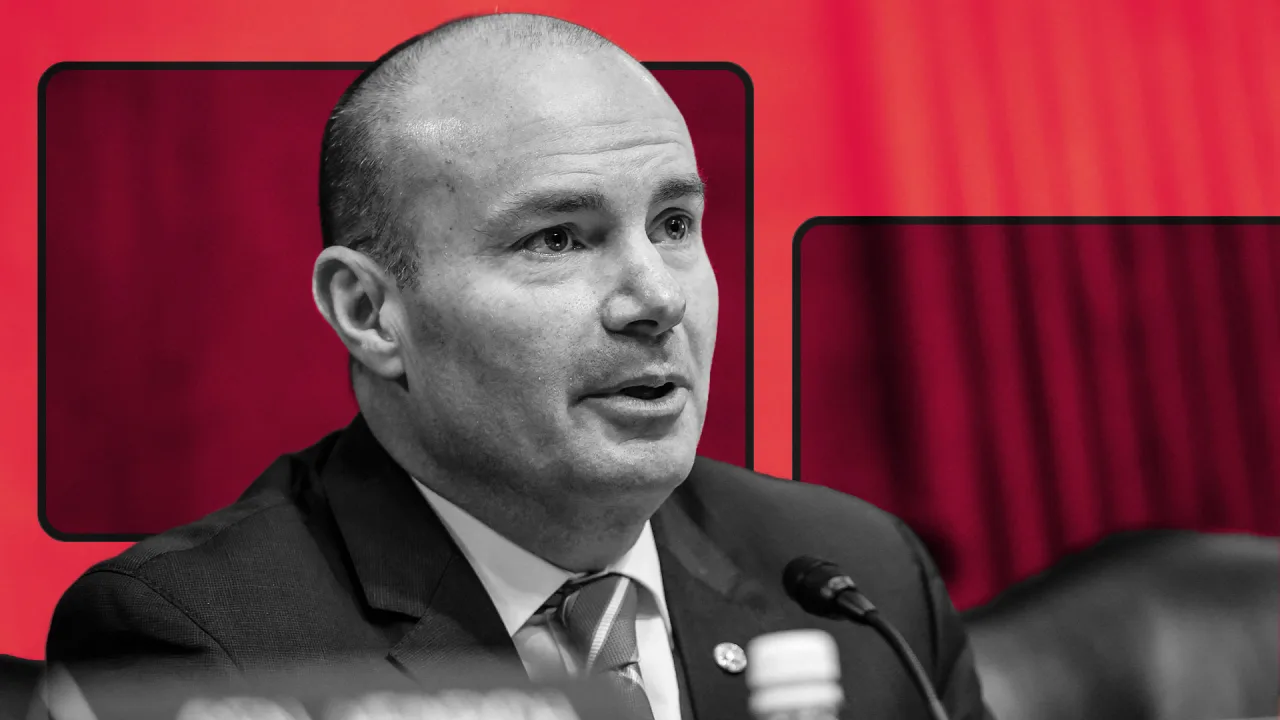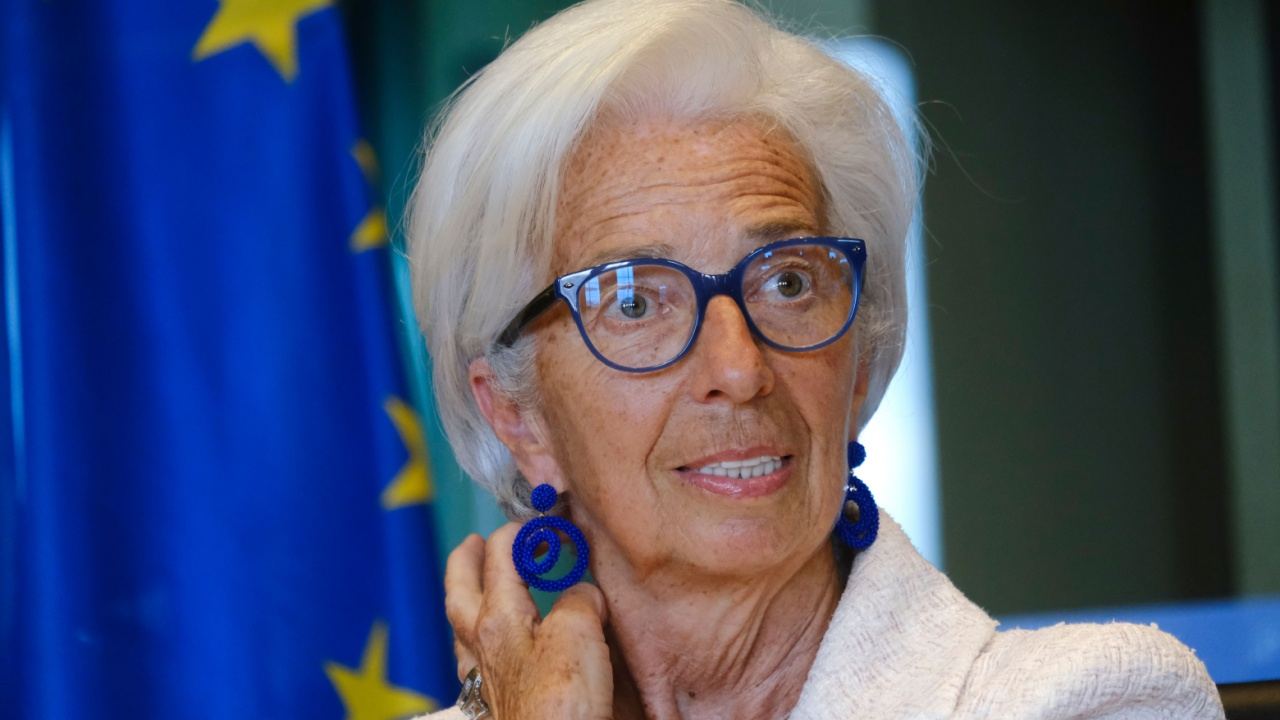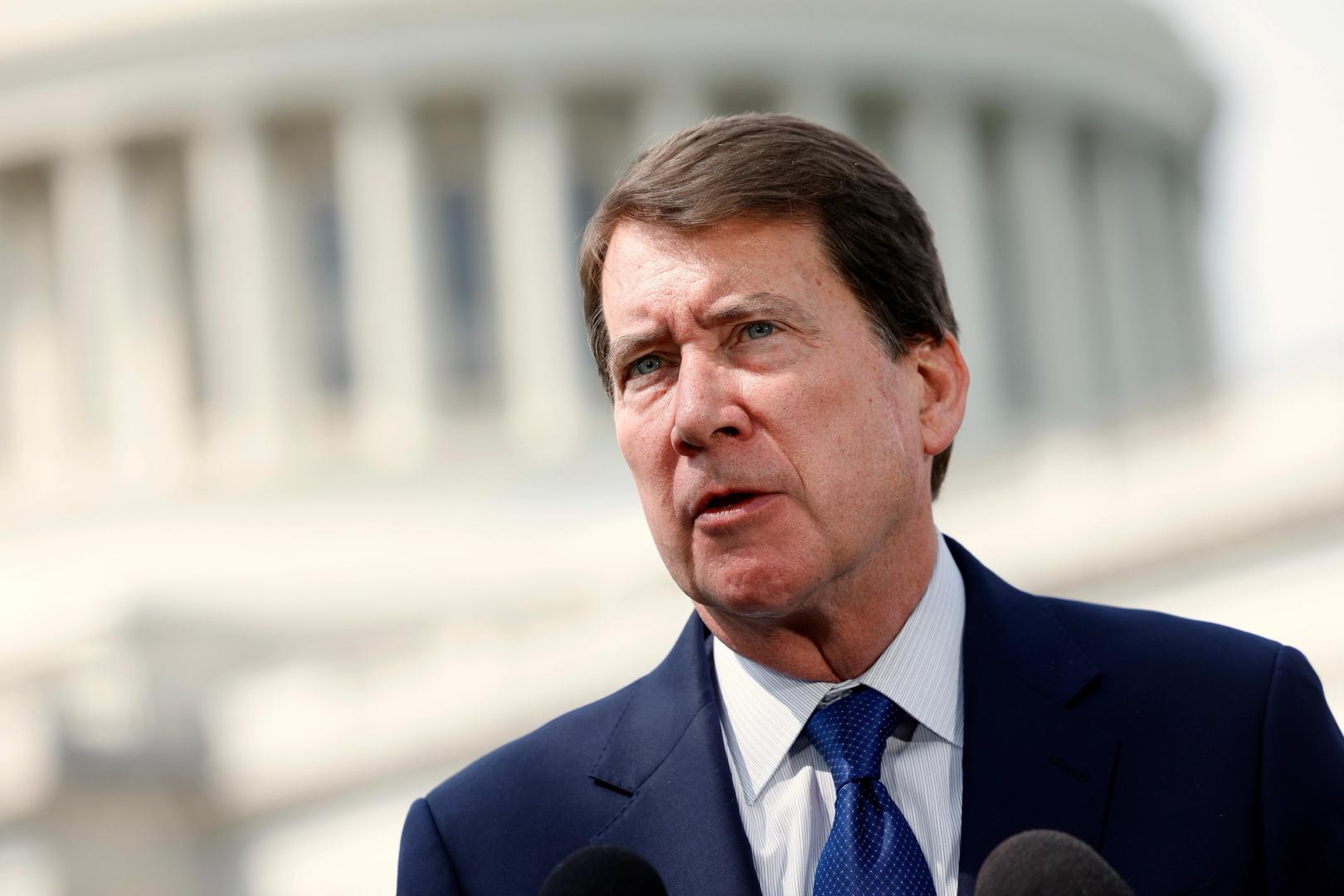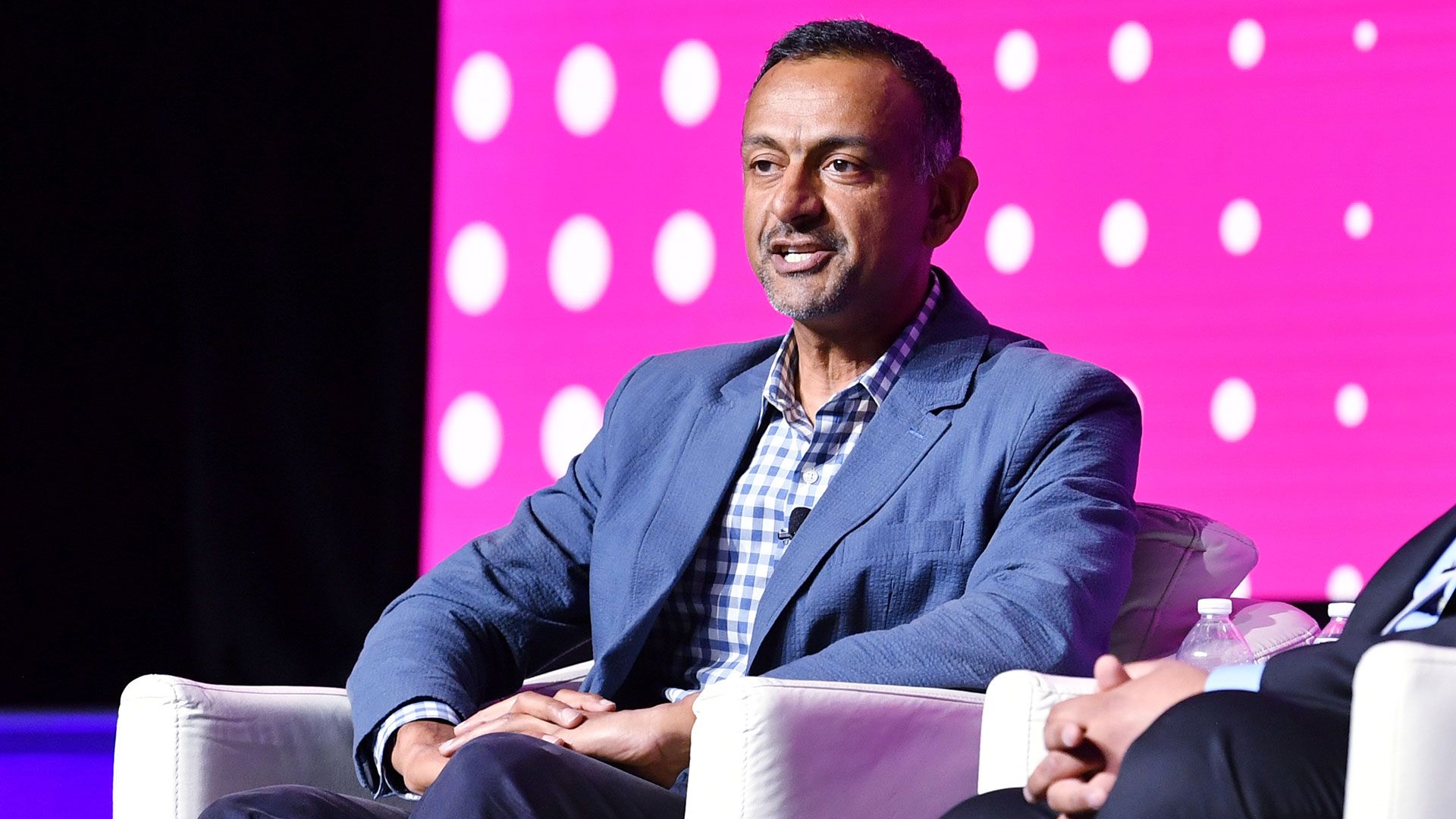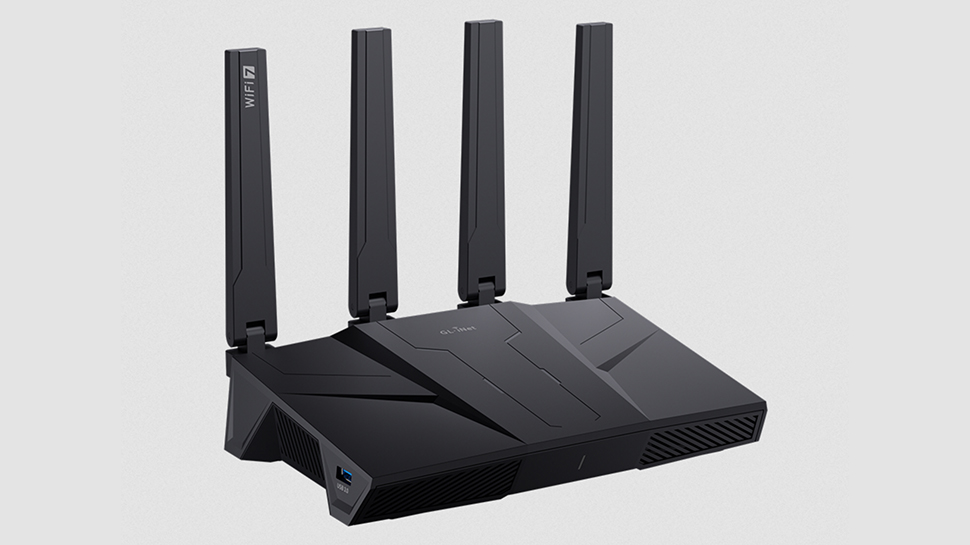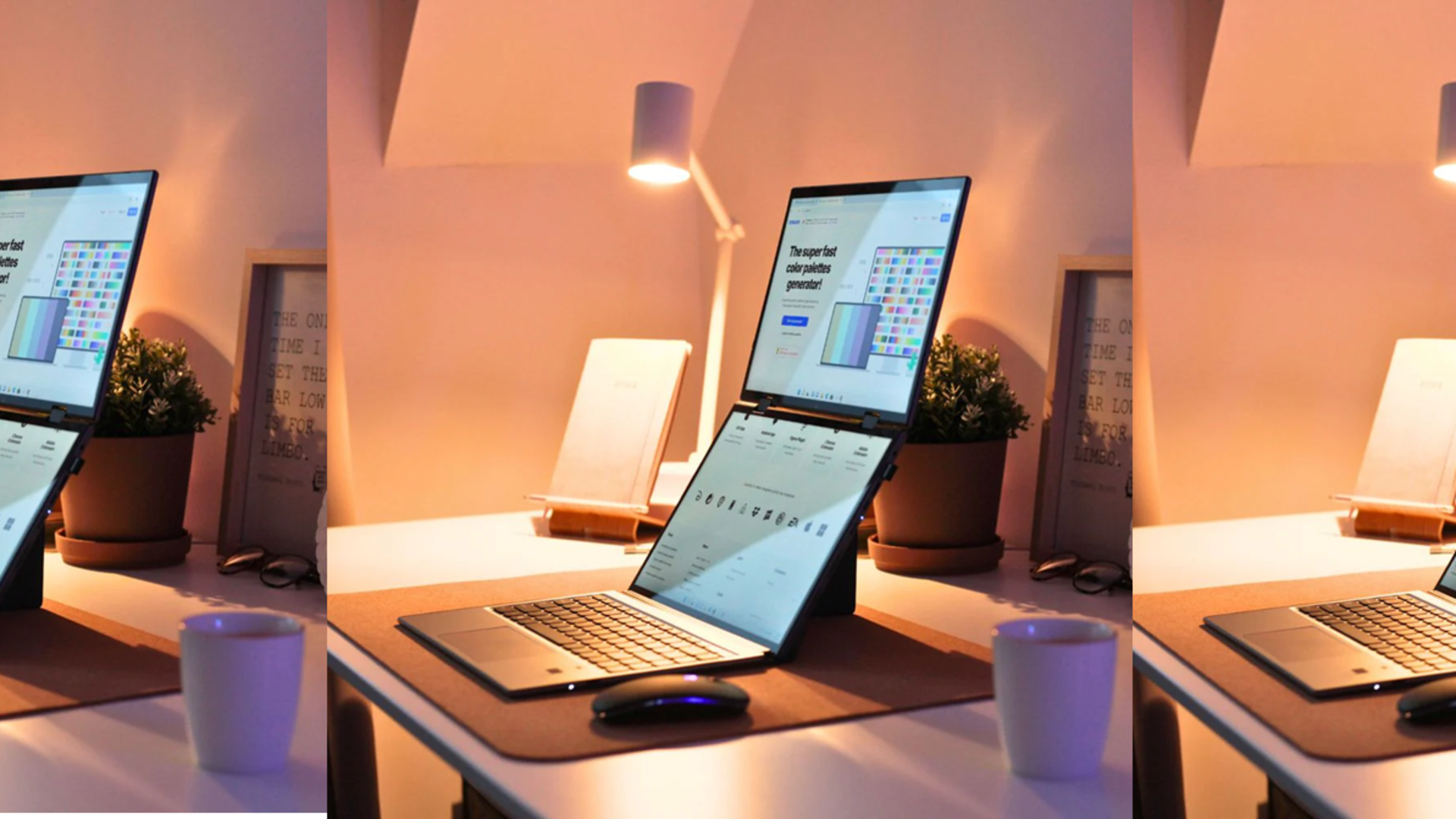Female founders’ paradox: 71% cite difficulties in fundraising, but also strongly optimistic
In the eight years since a Seattle group launched to support female entrepreneurs, funding for women-led startups in the U.S. has actually declined. From 2017 to last year, their share of venture capital dollars to slid from 2.6% down to 2%, according to PitchBook. That organization, Female Founders Alliance (FFA), today is sharing results from a survey of 180 women who lead early-stage tech companies in North America, illuminating their entrepreneurial experience. The “Forged in Fire” report poses the knotty question of whether anything has changed for female founders. For Leslie Feinzaig, founder and general partner of Graham & Walker,… Read More


In the eight years since a Seattle group launched to support female entrepreneurs, funding for women-led startups in the U.S. has actually declined. From 2017 to last year, their share of venture capital dollars to slid from 2.6% down to 2%, according to PitchBook.
That organization, Female Founders Alliance (FFA), today is sharing results from a survey of 180 women who lead early-stage tech companies in North America, illuminating their entrepreneurial experience.
The “Forged in Fire” report poses the knotty question of whether anything has changed for female founders. For Leslie Feinzaig, founder and general partner of Graham & Walker, the VC firm that operates FFA, the answer is “not a lot.”

Highlights from the survey, which drew heavily from leaders in Washington, California and New York and was conducted in February and March, include:
- 71% of respondents said raising money in their last funding round was somewhat or much hard than expected
- 40% said gender was a top barrier to landing VC
- 79% report using AI, mostly for product development and marketing
- 36% said gender had a negative impact on their startup, while 39% said it created positive as well as negative impacts
Despite revealing persistent hurdles, the leaders were still hopeful, with nearly three-quarters of respondents optimistic about hitting their next milestones. Reasons for that sunny outlook include strong product and customer momentum; market tailwinds, particularly for AI; and confidence in their team and strategy.
And Feinzaig points to two notable improvements since she launched FFA that should generate positive returns: artificial intelligence is making it both easier to innovate and lowering the cost of deploying new technologies, and there’s much more community today for female entrepreneurs to connect and network.
Female-centered groups “just became louder and more prominent,” she said. “So it’s easier for women to find each other.”
While U.S. public policy around tariffs, regulations and immigration have created a heightened level of economic uncertainty for startups in general, some of the challenges faced by female leaders are gender specific.
Some of those surveyed said investors approach them with an attitude of skepticism, rather than seeing the potential of their startup. “They ask how we’re not going to fail, versus asking males how they will succeed,” one respondent said. “It’s so biased.” Feinzaig noted that both male and female investors may take a more critical eye to women who pitch their companies.
Respondents also noted that women don’t always trumpet their accomplishments in the same way as men and can be more measured in their pitch. Those surveyed also called out bias when investors focus on women’s responsibilities outside of work, such as caregiving for children and older parents, and consider that a liability. Some recalled being hit on.
Another factor tamping down female-fundraising totals is women disproportionately launch companies selling to consumers, as opposed to selling to other businesses. And when it comes to landing funding, Feinzaig said, “right now, consumer tech startups have it harder.”
Feinzaig offered three points of advice for women considering the leap into entrepreneurship:
- “Make sure the river runs deep, because you’re going to be challenged and you’re going to need to anchor yourself in why you’re doing what you’re doing over and over and over again,” she said, crediting serial entrepreneur Liz Pearce for advising her that strong personal convictions and fortitude are essential.
- Rohre Titcom, CEO of the WNBA’s Seattle Storm, once asked her, “When’s the last time you were proud of doing something easy?” And so while launching a company is tough, Feinzaig said, “I don’t think non-founders will ever experience the incredible pride and fulfillment that comes from building something from nothing, and building something people care about and making a difference in someone’s life.”
- And finally, Feinzaig said that while one shouldn’t literally risk it all, “there’s really very little downside to trying. And if you fail, I promise you’ll be okay. It might take a minute, it might sting, but it’s not the end of the world, and you’re going to be so much stronger for it.”
The report doesn’t aim to shame investors into writing checks to female-led companies, Feinzaig said. Rather it means to give founders a voice and realize they’re not alone.
“We want them to be able to keep doing what they’re doing and sort of set aside the things that they have no control over and focus on the things that they can,” she added. “Just because the numbers are what they are, doesn’t mean that you don’t find your people and find your believers. You do, and it’s just harder to get there.”



